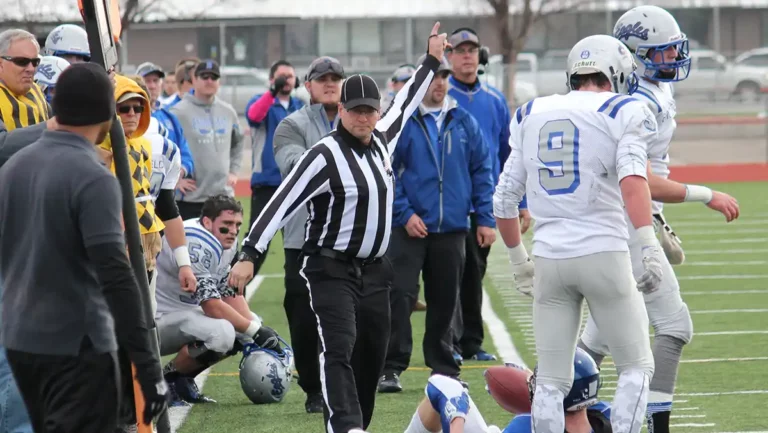
Officiating Mechanics: When Wings Wind
Officials give the “wind the clock” clock signal to inform the clock operator to 1) start the clock or 2) keep the clock running. For…

Officials give the “wind the clock” clock signal to inform the clock operator to 1) start the clock or 2) keep the clock running. For…
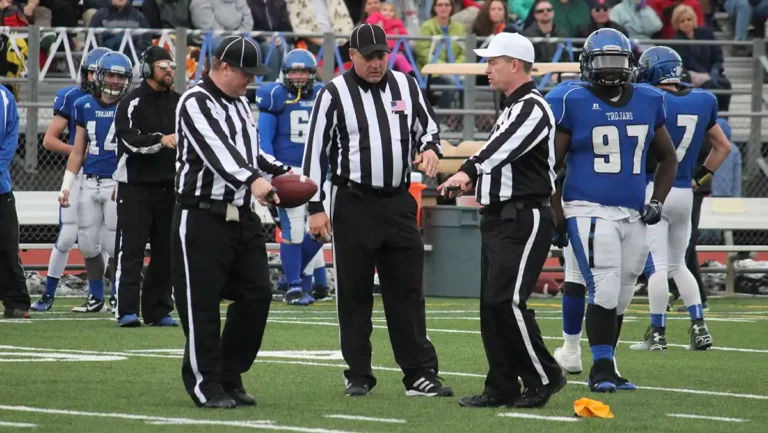
If you ask a veteran official to name the top three penalty enforcement principles, I’d bet a dollar one of the three would be “slow…
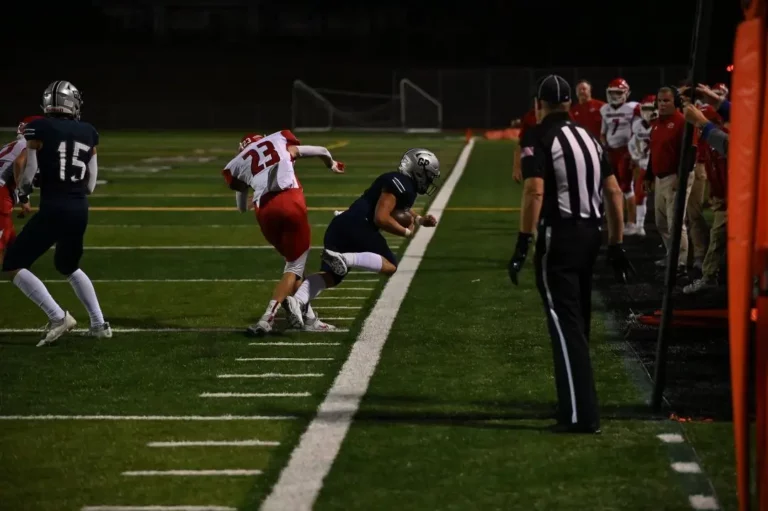
Maintaining a 3-5 yard cushion between officials and players is an important officiating precept, especially for the wings. Some circumstances require us to close down…
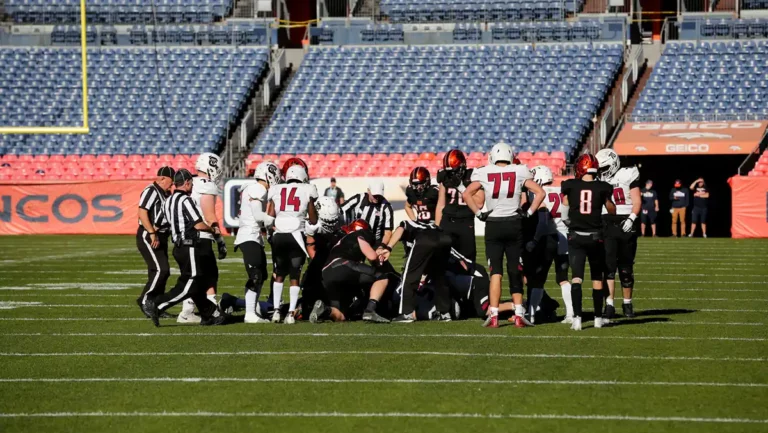
Before examining specific fumble mechanics, it’s worth reviewing two “When in Doubt” axioms. When in doubt, the runner was down by rule and did not…
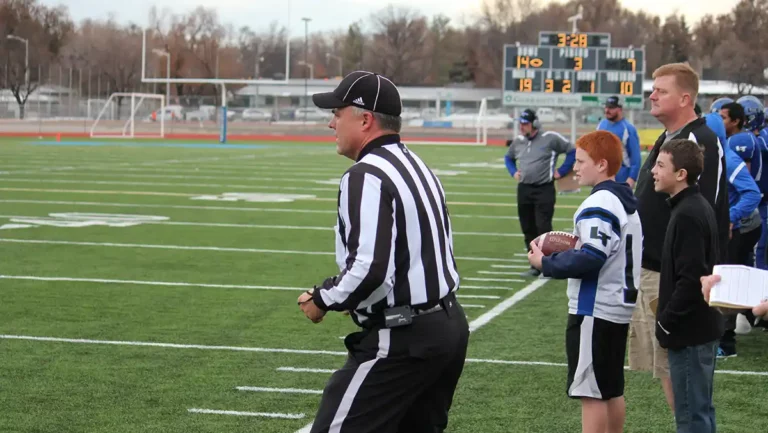
One of our most important tasks as football officials is game management. A “subset” of this duty is to facilitate spotting the ball to allow…
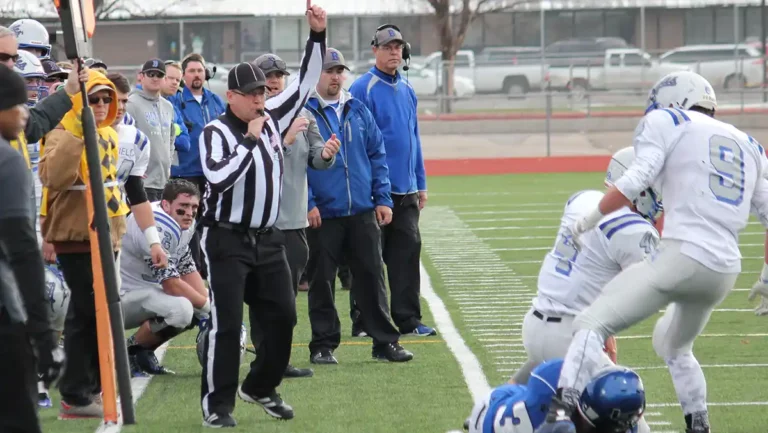
We do not blow our whistles to protect players. It’s human nature to get on our whistle quickly when a receiver signals for a fair…
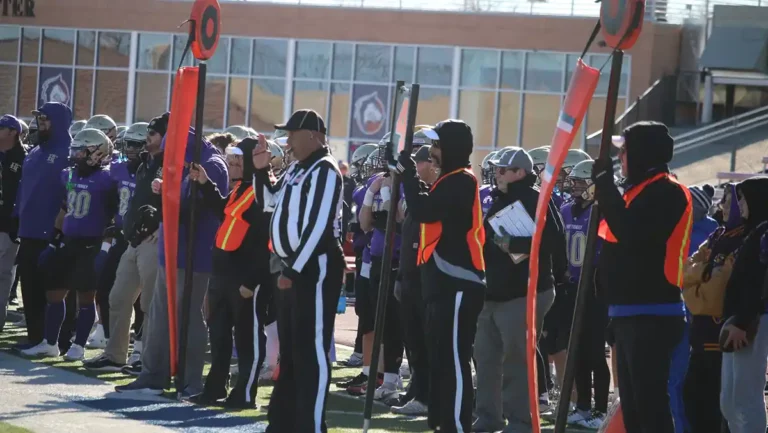
A notable difference between the Linesman and Line Judge positions is the Linesman must work with the chains to his back, which makes it difficult…

Sports officiating is highly stressful because referees must make numerous split-second decisions, often resulting in significant consequences for both teams. These rulings frequently produce intense…
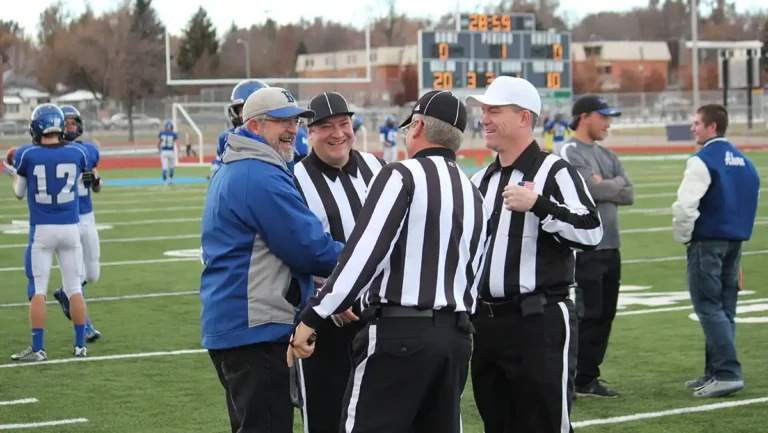
If we don’t have an on-field pregame routine, our actions sometimes devolve into wandering around the field looking for activities to occupy time or mindlessly…
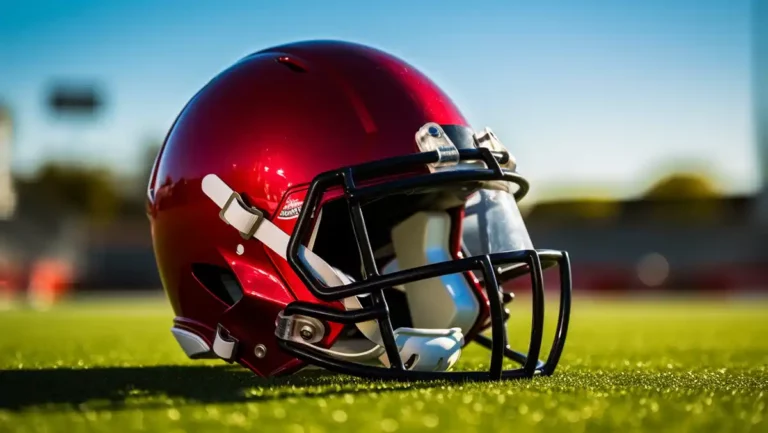
We had an interesting situation in a game. Opposing players went to the ground and as they stood up, one player inadvertently (no foul) dislodged…